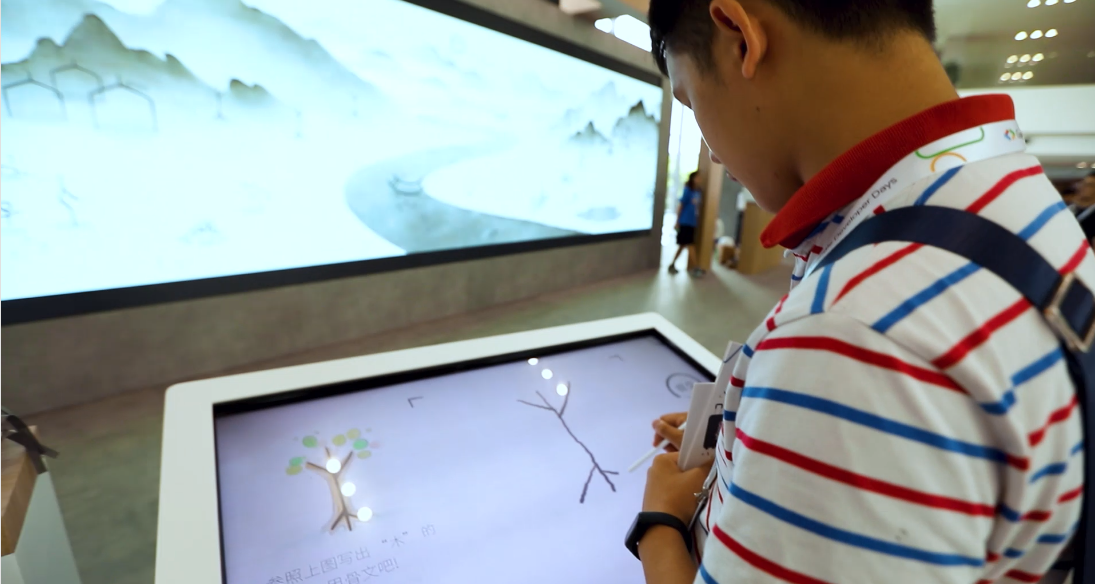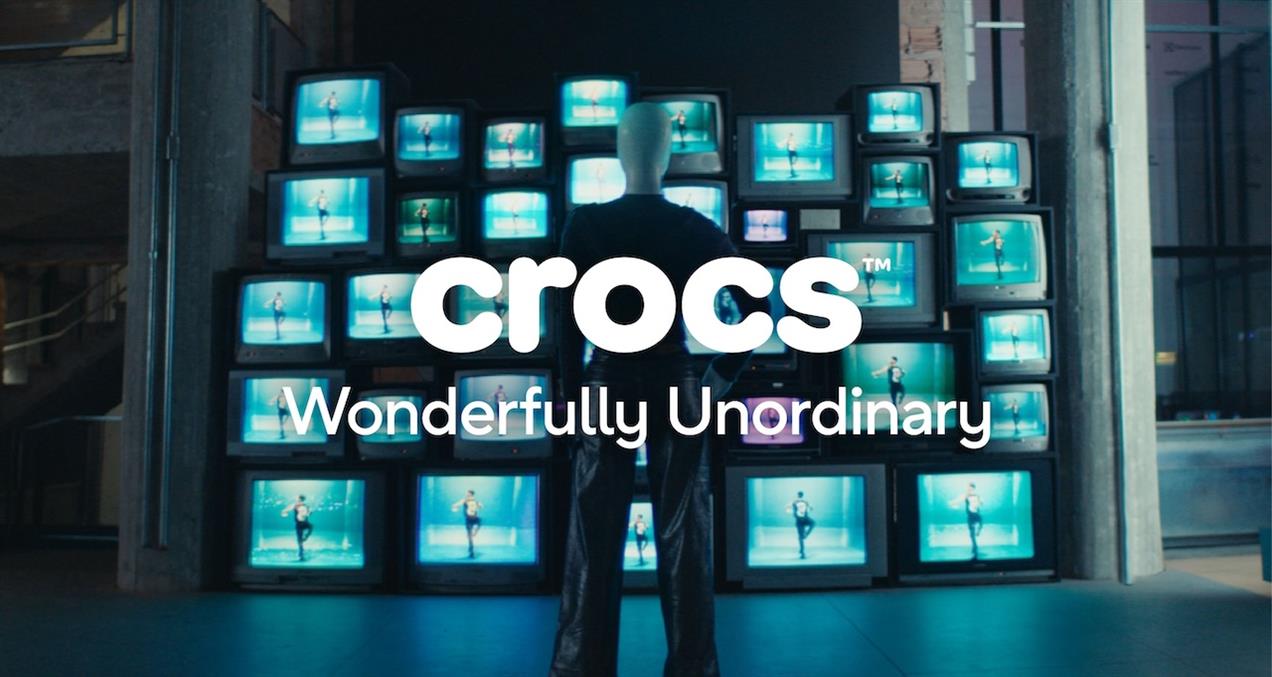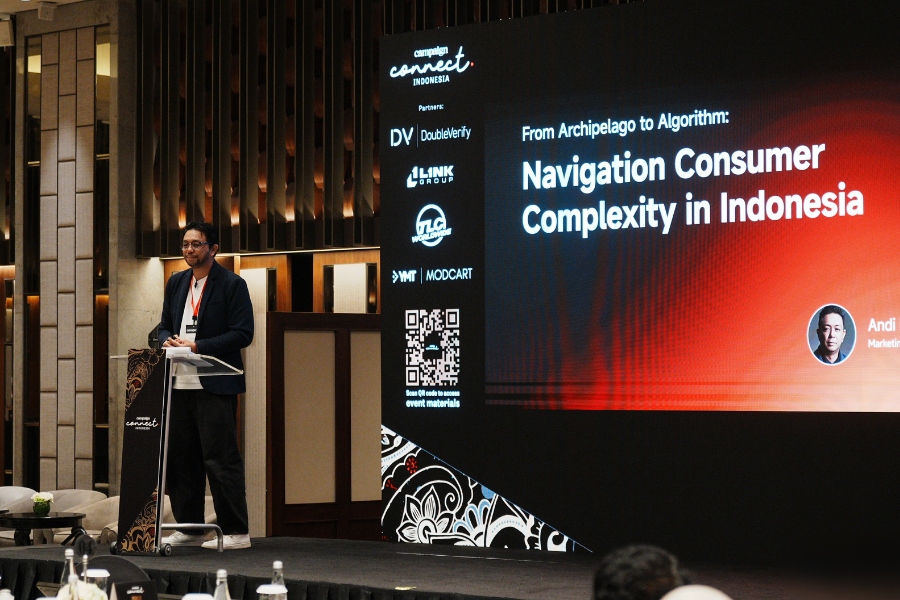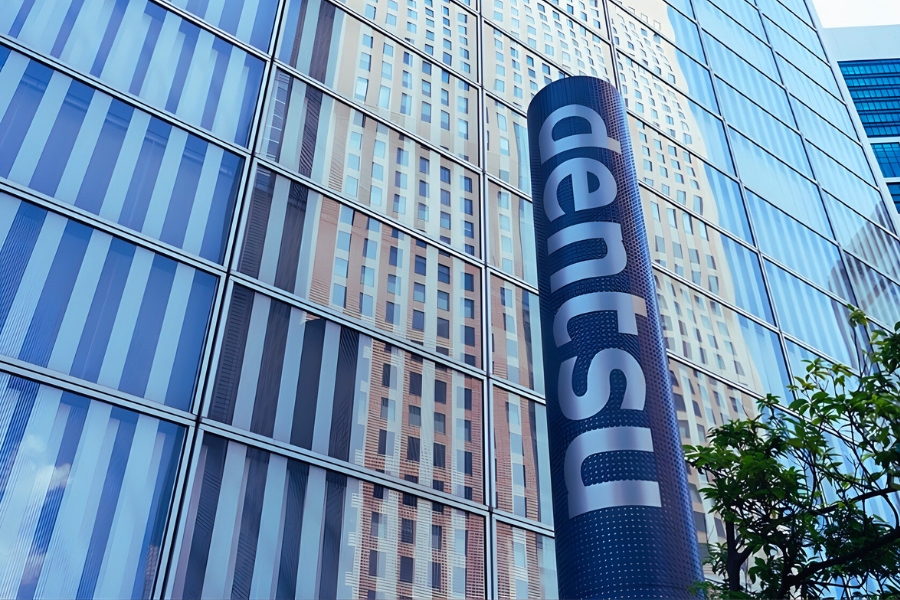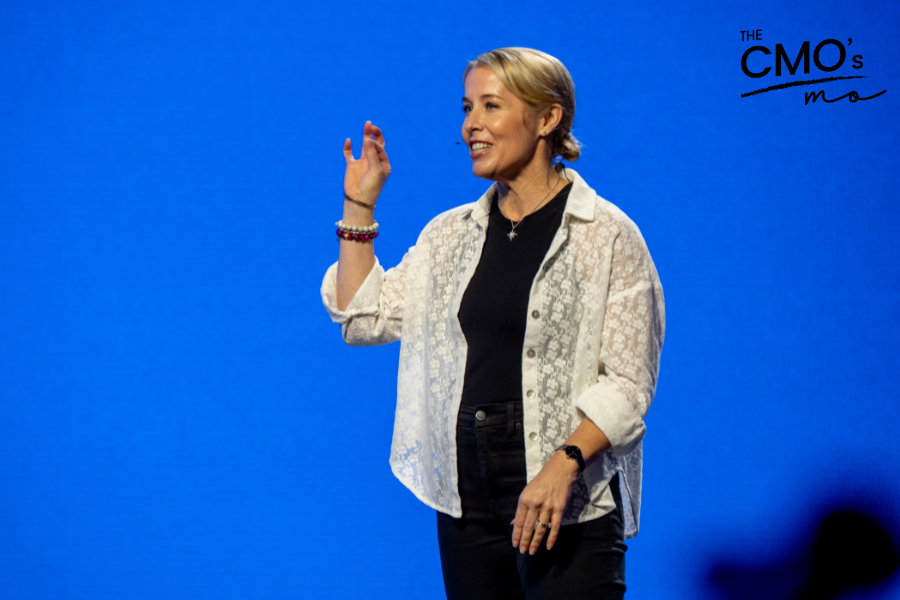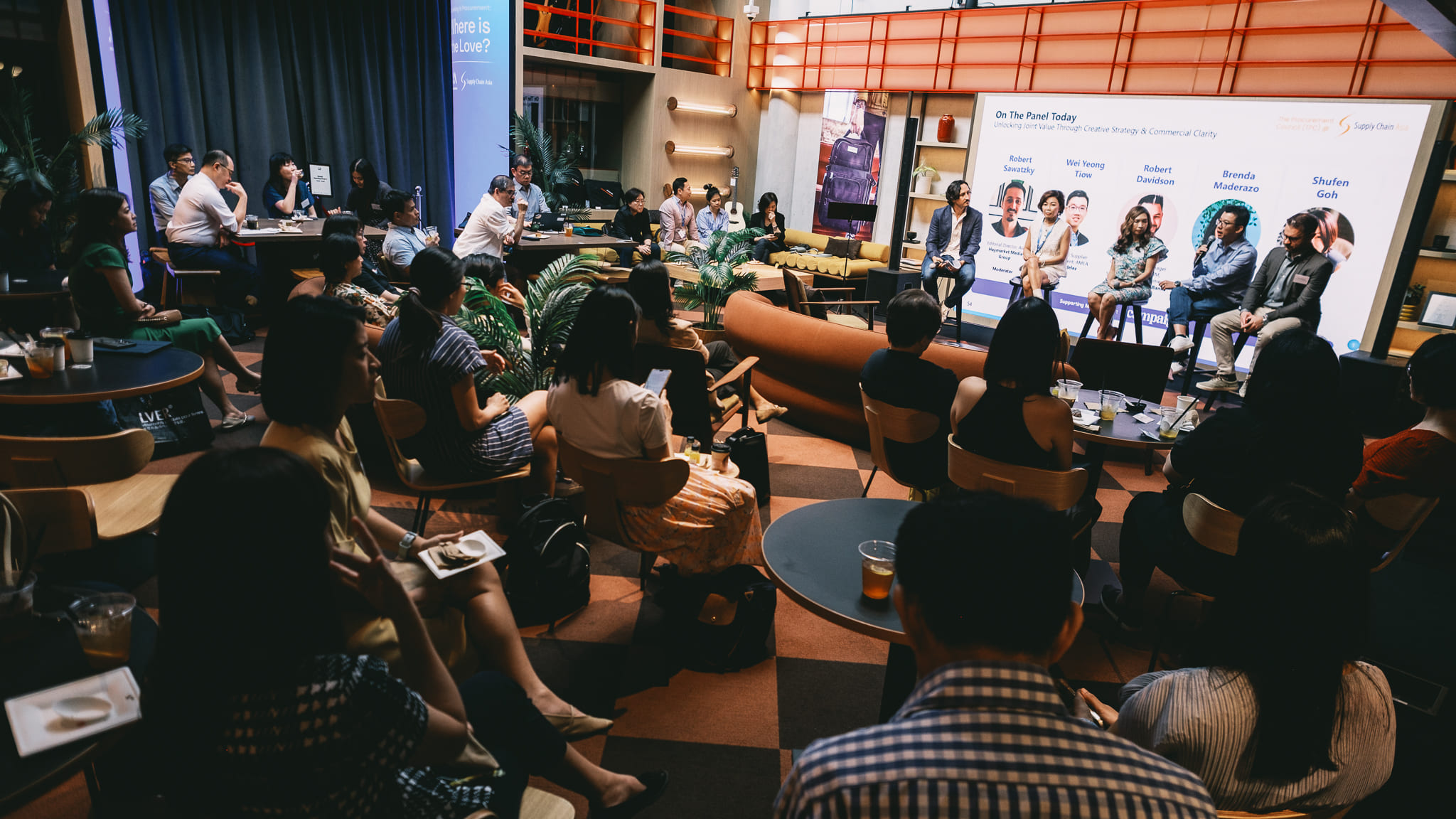Here in China, one of marketing’s biggest difficulties rests in linking ads with sales and growth. Restricted access to consumer data limits brands’ ability to target and reach customers accurately, resulting in frequently irrelevant advertisements that can be costly regardless of effectiveness. But what if brands looked beyond just conversion metrics in retail and looked toward building brand love and loyalty through engagement metrics?
To get a sense of why this approach is necessary, let’s take a moment to consider the strategy apps use to build audiences and drive engagement. The typical growth strategy for mobile apps is to gather as many users as possible and monetize this attention quickly and wisely. Whether an app offers a free service or is paid, the real metric for engagement is whether they return to it daily. Engagement is top of mind in the development for apps—but it’s often treated as an afterthought in the retail environment.
Extend your focus on engagement metrics
When consumers enter a store, they’re already in the mindset to shop. This makes the cost of conversion in store lower than if you were reaching them through a display ad at a different point in the customer decision journey. In fact, best-in-class digital retail experiences enable brands to offer value to customers even if they aren’t ready to make a purchase just yet, building memories that will stick with them until next visit.

An example of this is the 'The Run My Way' experience we built with Puma: Located on a busy Shanghai square, passersby can enter a custom-made pavilion and step on a treadmill surrounded by floor-to-ceiling screens. After customizing their own puma avatar and running soundtrack through facial- and motion-tracking software, visitors can walk, jog or run to power their puma through three virtual environments. We built both the physical and virtual experience to fashion a forward-thinking trialing campaign that benefits the Shanghai running community through a stunning, full (and free) experience.
Use digital to power emotionally-resonant creative experiences
Brands can derive great value by investing in communities adjacent to their product or offering. Nike, for example, has invested heavily on running as a lifestyle through digital platforms like its Run Club app, which is integrated into WeChat, an approach that has offset a COVID-19-related drop in Q3 sales in China.
Of course, these brands still invest money into generating buzz the traditional way. But this mentality of building a space or community for consumers to join, celebrate their hobbies and collaborate with others makes for valuable brand building as well. The desire to offer value by enriching consumers’ lives is a strong benchmark for the creative experiences that brands must aim to offer in their engagement with consumers.
In addition to building a memorable experience, such digital engagements can often prove fruitful ways to capture and hold consumers’ attention as they explore the store. Our Google Arts & Culture: Living Jiagu project achieved high engagement even though audiences had to wait at least 20 minutes in a queue to experience the latest creative implementation of Google TensorFlow for a short, one-minute demo. Placed in front of a large display environment that transformed users’ script into living, animated characters brought a much higher emotional connection to the product than a standard ad or explainer video could.

Now, imagine what a similar approach could achieve in the simple context of buying sneakers or apparel. Such in-store entertainment experiences not only build connection but also lengthen store visits through more meaningful engagement.
Implications and future impact
Brands must have renewed empathy for the user, building on emotional resonance that keeps consumers coming back. Consider what drove the boom in café culture: sure, people can make a cup of coffee at home, but it’s the aroma of coffee, the sound of the music and the atmosphere of being around others that makes visiting a café so pleasurable. Retail can likewise offer emotionally driven experiences that build advocacy and excitement in consumers on behalf of the brand.
We are heading into a new era where the market is challenging our preconceived notions about what constitutes success. These experiences may not correlate with short-term boosts in sales, but that doesn’t make them unsuccessful; by placing a greater focus on engagement metrics and enchanting consumers through creative experiences, brands can build long-lasting, more meaningful relationships with their customers.
This shift will forewarn traditional media and calls for brands to offer considerable benefits to consumers with hopes to have more advertisements for good. For instance, LVMH shifted their perfume production to hand sanitizers and old, outdated factories in NorthAmerica being retrofitted to construct ventilators. Could there be an increase in ads spent to further improve homeschooling and keep an active and healthy lifestyle? With these thoughts in mind, I look forward to a future in which brands find new ways to make meaningful impacts in their communities.
Ron Lee is technical director at MediaMonks Shanghai


